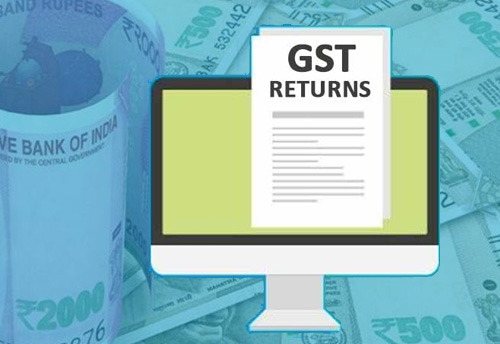Goods and Services Tax (GST) that was introduced on the 1st July 2017 in India is an
indirect/consumption tax levied on practically all goods and services. It seeks to be comprehensive,
subsuming most levies such as octroi and sales tax;barring some state levies. It is also multistage
in nature since it is imposed at every step in the production processes, although it allows refund
once the final consumer has been duly levied. As such it is a destination based tax, being collected
from point of consumption and not point of origin as per previous tax regimes.
GST Rates
There are five basic slabs for rates of taxes levied on Goods and Services. These are: 0%, 5%, 12%,
18% and 28% respectively.
